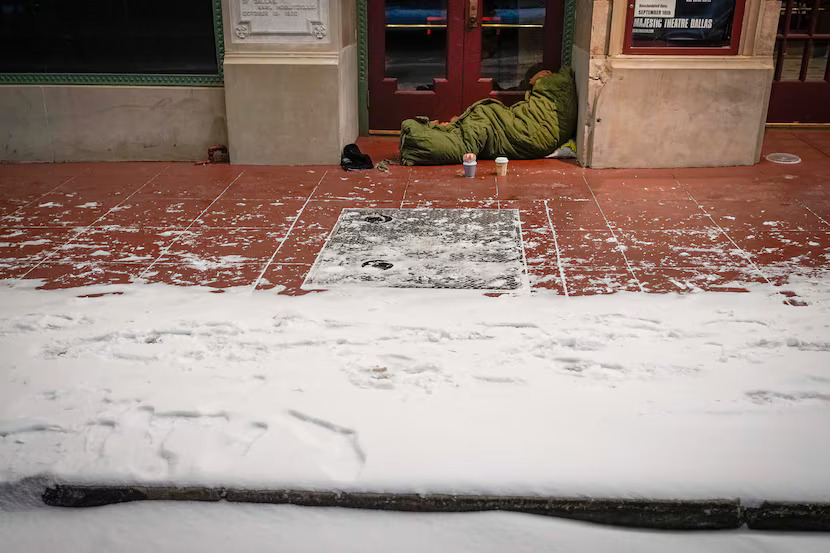It’s early morning in Plano, Texas, and the temperature is just above freezing. By 6 a.m., dozens of day labourers have gathered at the city’s Day Labour Center, hoping to find work. The center, located off Ozark Drive, was established in 1994 to connect workers with contractors, nonprofits, and local residents needing help with various tasks.
Curtis Howard, director of Neighborhood Services for Plano, explained the center’s purpose: “The goal was to create a space where people seeking work could meet those in need of labour. Workers share their skills, such as driving or construction, and we match them with the right opportunities.” However, the center does not assist with negotiating wages or providing legal advice.
For many, this center is a lifeline. Juan, a 64-year-old labourer, said in Spanish, “We wait here until an opportunity comes.” He and others perform jobs like construction, landscaping, moving, and other tasks that don’t require a work permit.
Workers like William, another day labourer, shared that they can earn between $100 and $175 a day, depending on the job. But over the past three months, work has become scarce. “We still try,” Juan said, even as he and his fellow workers face growing uncertainty.
The fear of deportation looms large. “You feel threatened,” Juan admitted. William added, “The biggest fear is being deported and not being able to achieve our goals.”
These concerns have intensified as the new administration, led by President-elect Donald Trump, has promised mass deportations. Experts warn this could also harm the labour market. A 2023 study published in the Journal of Labour Economics found that for every 500,000 immigrants deported, 44,000 U.S.-born workers could lose their jobs.
Despite the challenges, William remains hopeful. He believes that in addition to the deportation plans, the new administration’s promise to create more jobs might benefit workers like him. “We hope those jobs will help us too,” he said.
As day labourers in Plano navigate these uncertain times, they hold on to their determination and hope for a better future, even as they face the dual pressures of job shortages and immigration crackdowns.

